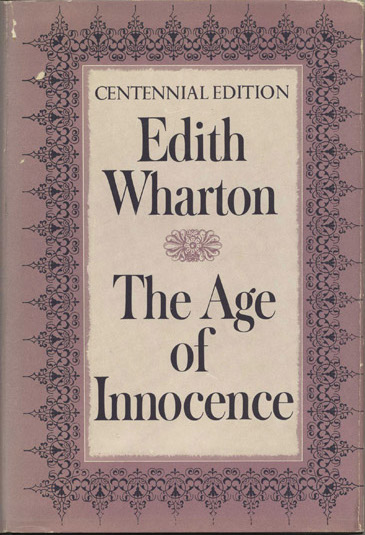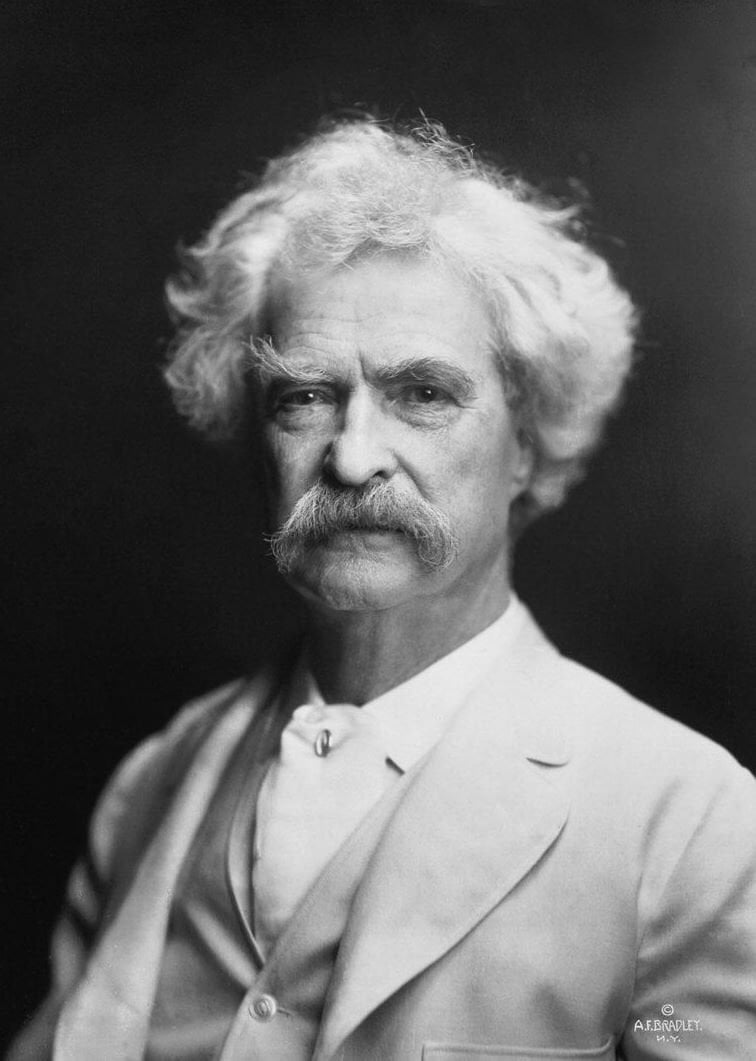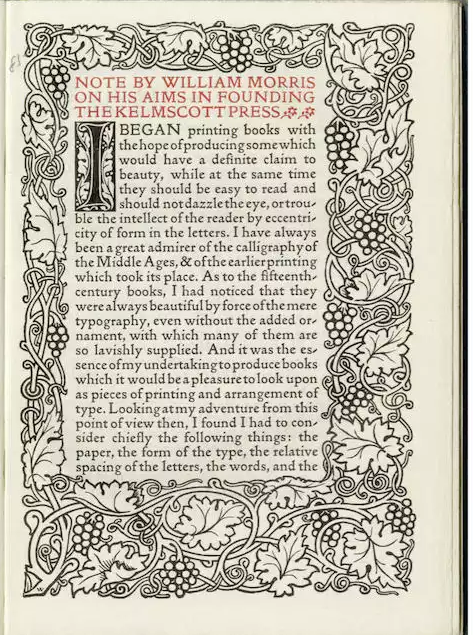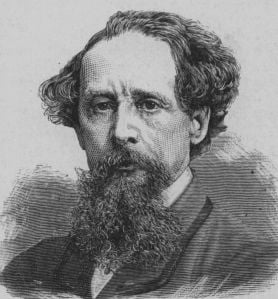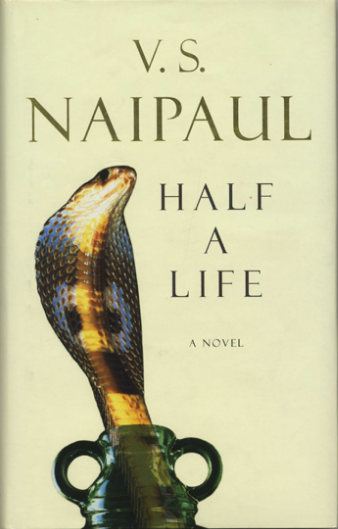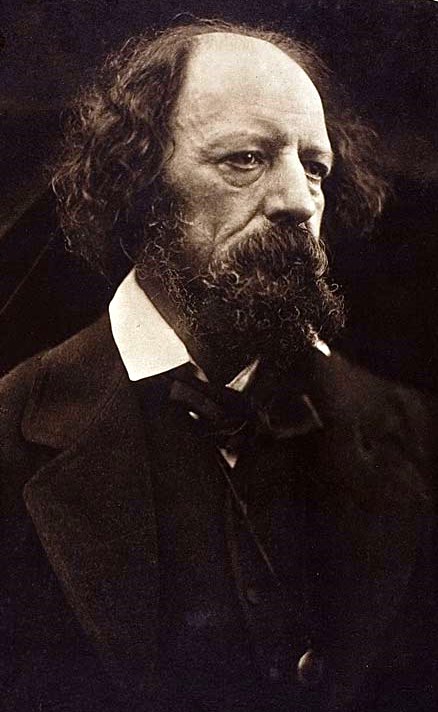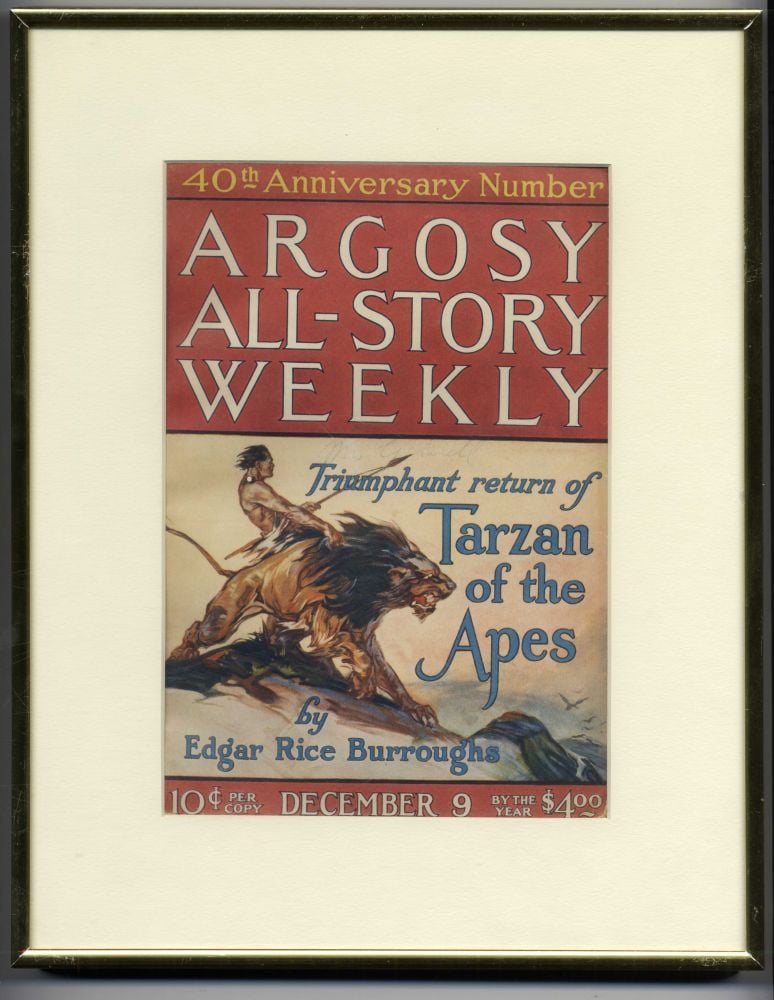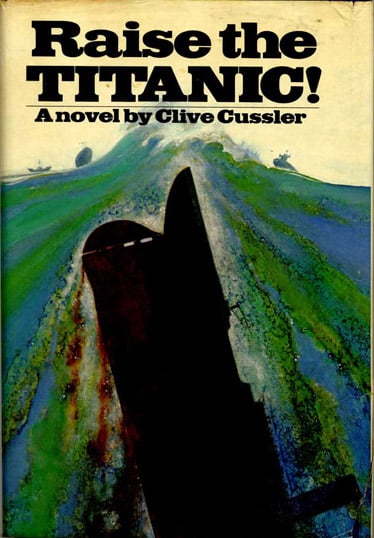In Nancy Armstrong’s Desire and Domestic Fiction (1987), the literary critic discusses the role of writing in reproducing cultural norms and mores. By reading novels, citizens internalize the rules of polite society; they learn how they ought to act. While Armstrong’s argument does implicate novelists themselves in whatever happens to be wrong with a given society, she also establishes the novel as a potential space for resistance. That is, while books reproduce their current cultures, they also shape them. Perhaps this is why some of the most incisive critics of polite society over the centuries have by writers. Case in point: Jane Austen, Edith Wharton, Louis Auchincloss. In fact, it’s not just writers, but a very specific type of novelist.
us toll free: 1-800-948-5563 international: +1 (843) 849-0283 UK: +44 (0) 1334 260018





